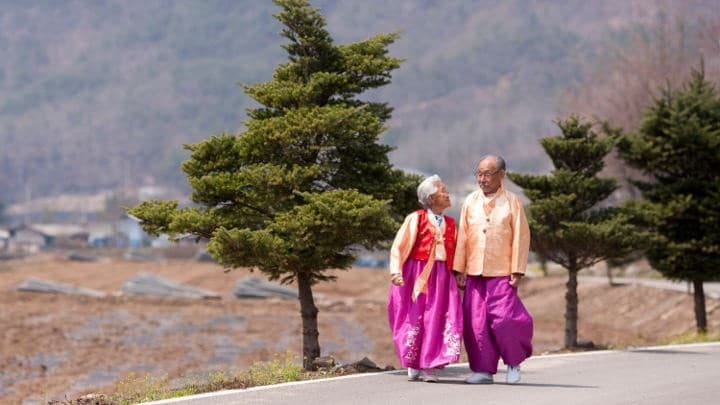Nonagenarian Love Story ‘My Love, Don’t Cross That River’ Is a Worthy Box Office Smash
Written by Daniel Walber
When filmmaker Jin Mo-young met Jo Byeong-man and Kang Kye-yeol they had already been married for three quarters of a century. Jo was 98 and Kang was 89. A year and a few months later, when Jo passed, his wife was left alone for the first time in 76 years. They met when she was 14. They’d raised six children together, as well as a few pets, and spent th…
Keep reading with a 7-day free trial
Subscribe to Nonfics to keep reading this post and get 7 days of free access to the full post archives.



